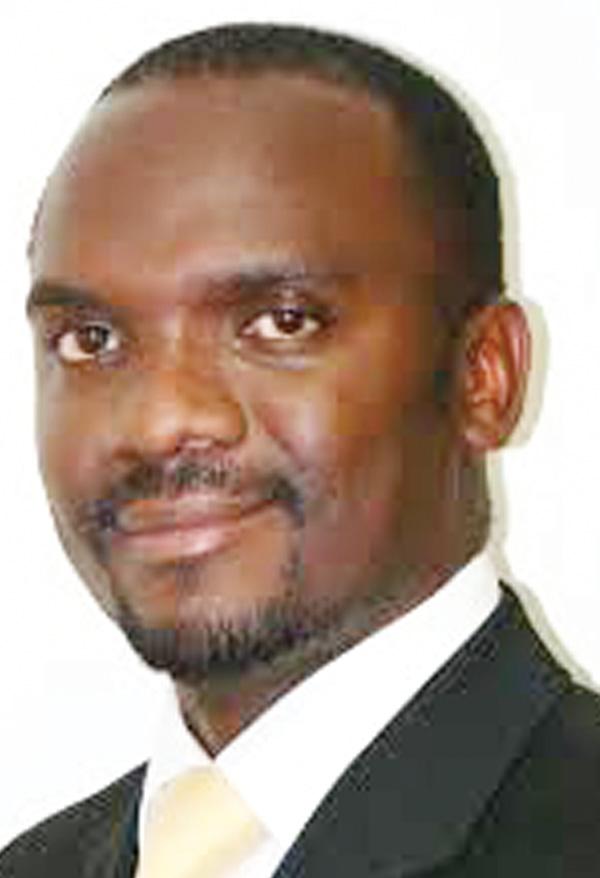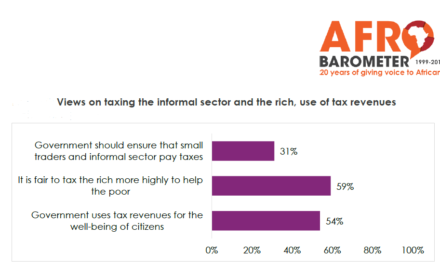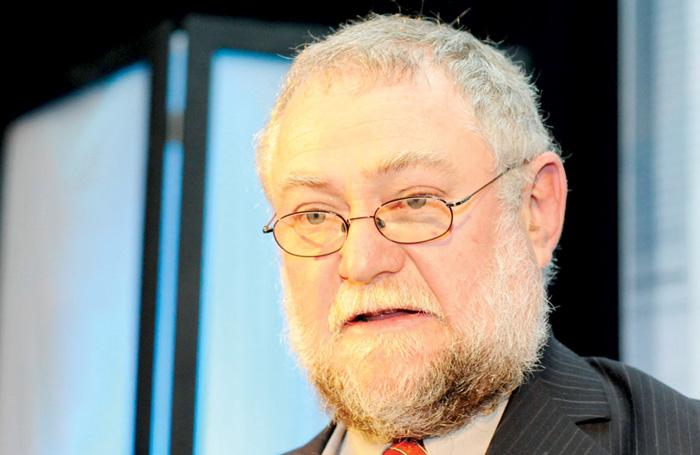
Revival for Whk city centre
The City of Windhoek has ambitious plans to revive the central business district of Windhoek to turn it into a vibrant hub, especially after hours when it becomes deserted.
City of Windhoek spokeswoman, Lydia Amutenya said that the City is concerned that activity in the central business district (CBD) dies down rapidly after five in the afternoon and that the streets and establishments in the heart of Windhoek become empty avenues when the sun sets. She said the same phenomenon is witnessed over weekends when the city becomes disturbingly quiet after lunch on Saturdays. The City of Windhoek has formed a special committee to investigate this problem and to find ways to invigorate city-centre life again.
The committee will also provide input and liaise with the City Council on how to, amongst others, improve accessibility for pedestrians, and to improve safety and security for visitors on foot, and for parked vehicles.
The committee is envisaged to become an independent body when the local and national regulatory requirements have been put into place and approved by the Ministry of Regional and Local Government, Housing and Rural Development. Responding to questions from the Economist, Amutenya said the City sees the benefit of extra income generated from taxing commercial property and from an increase in business activity once a significant number of after-hours visitors have been enticed to visit the city centre after hours. Property owners and other stakeholder organisations identified so far to initially drive and be represented on the Interim Committee comprise Broll Namibia; Joseph & Snyman; Pupkewitz Holdings; TransNamib Holdings; United Africa, Telecom Namibia, the Ministry of Works and Transport; and the Namibia Chamber of Commerce and Industry (NCCI). Once the final committee has been established, the strategic target is to increase the number of CBD visitors by embracing entertainment events and recreational facilities such as street festivals, parades, retail events, and marketing events to enhance the CBD experience. This will go hand in hand with improving the working and living conditions of permanent residents of the CBD. This, she said, will be done in accordance with urban design principles such as the proper use of public spaces and walkways to provide opportunities for businesses and organisations in the CBD to network and exchange information that will help build the symbolic importance of Windhoek’s image and identity. The City of Windhoek is currently investigating options for creating a revenue stream to drive the intended activities of the CBD Revival Committee, but Amutenya pointed out that such strategies may require amending the Local Authorities Act. The City of Windhoek is so committed to their idea to blow new life into the CBD that two council members will serve on the committee and the manpower and competence of all relevant municipality departments will be involved.
The City Council will be represented by two Councillors, Urban Planning and Property Management division, City Police, the Economic Development Division; Public Transport Division within the Department of Community Services and the Department of Infrastructure, Water and Technical Services. Taking into consideration that central business districts are the more productive areas of any city and the first destination of many visitors and investors, Amutenya said the committee is of strategic importance to create a concentration of employment, business, government, tourism and cultural attractions. “The quality of the central city as an attraction will impact and extend the activity that will pass through the ‘gateway’ to other parts of the city,” she said.














































